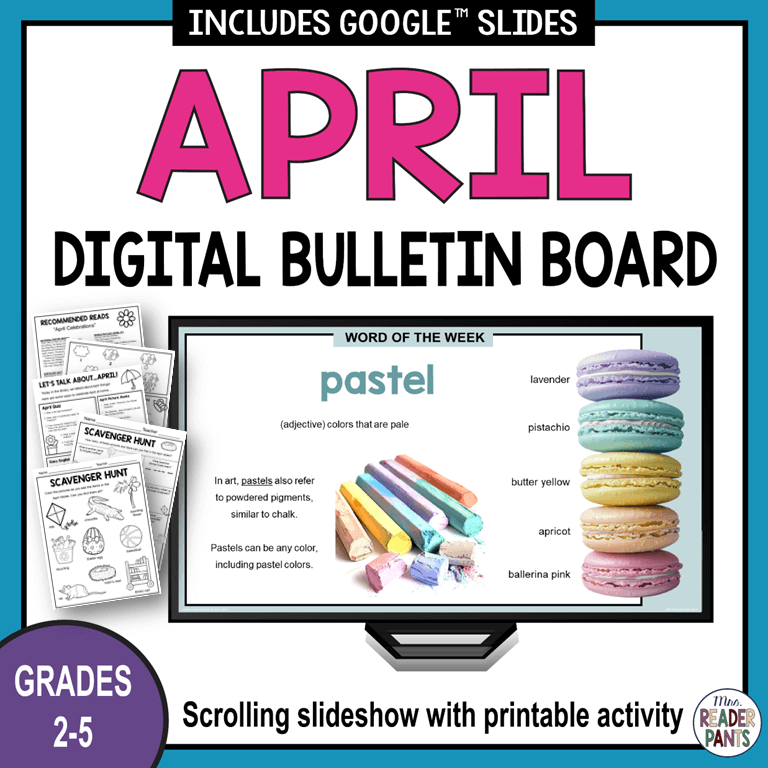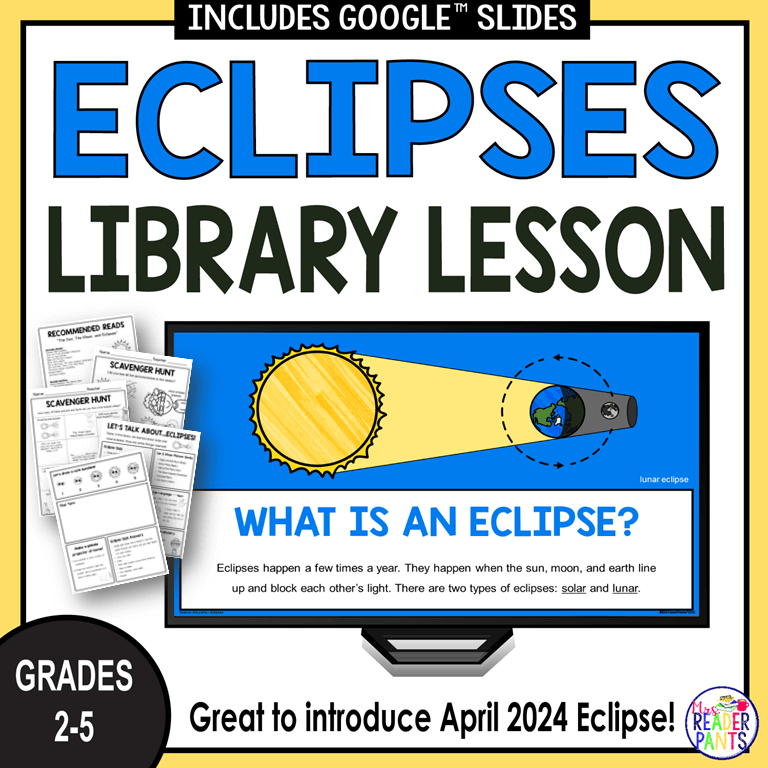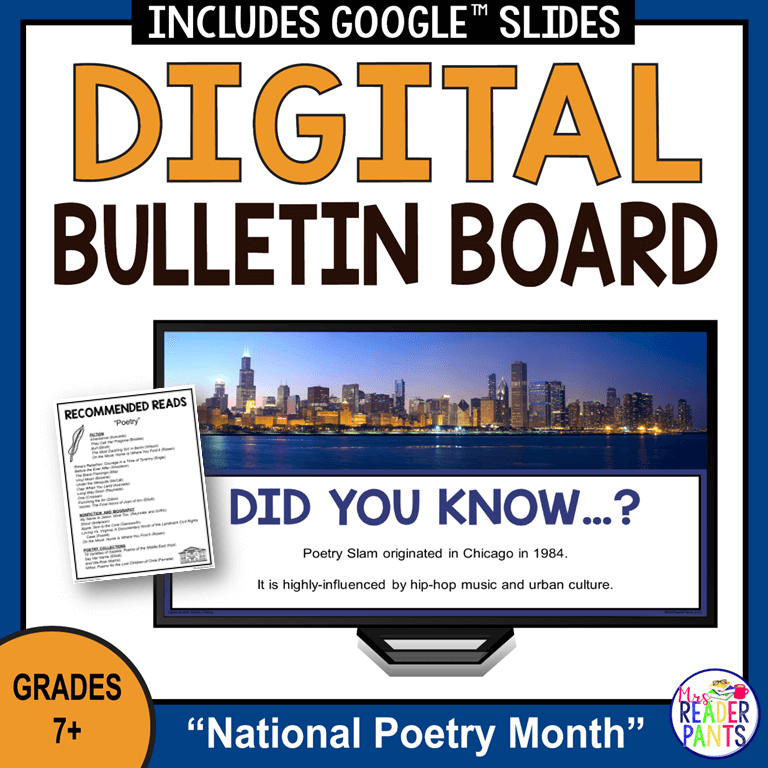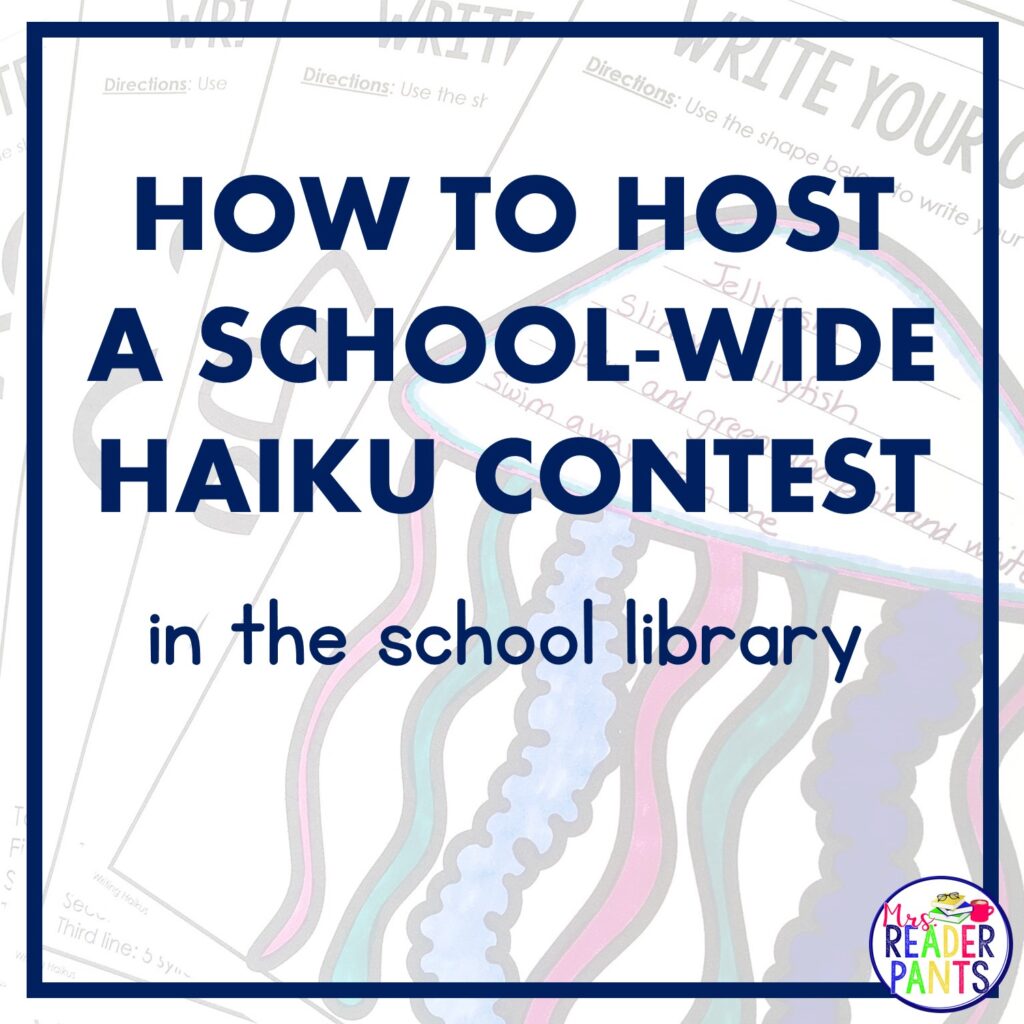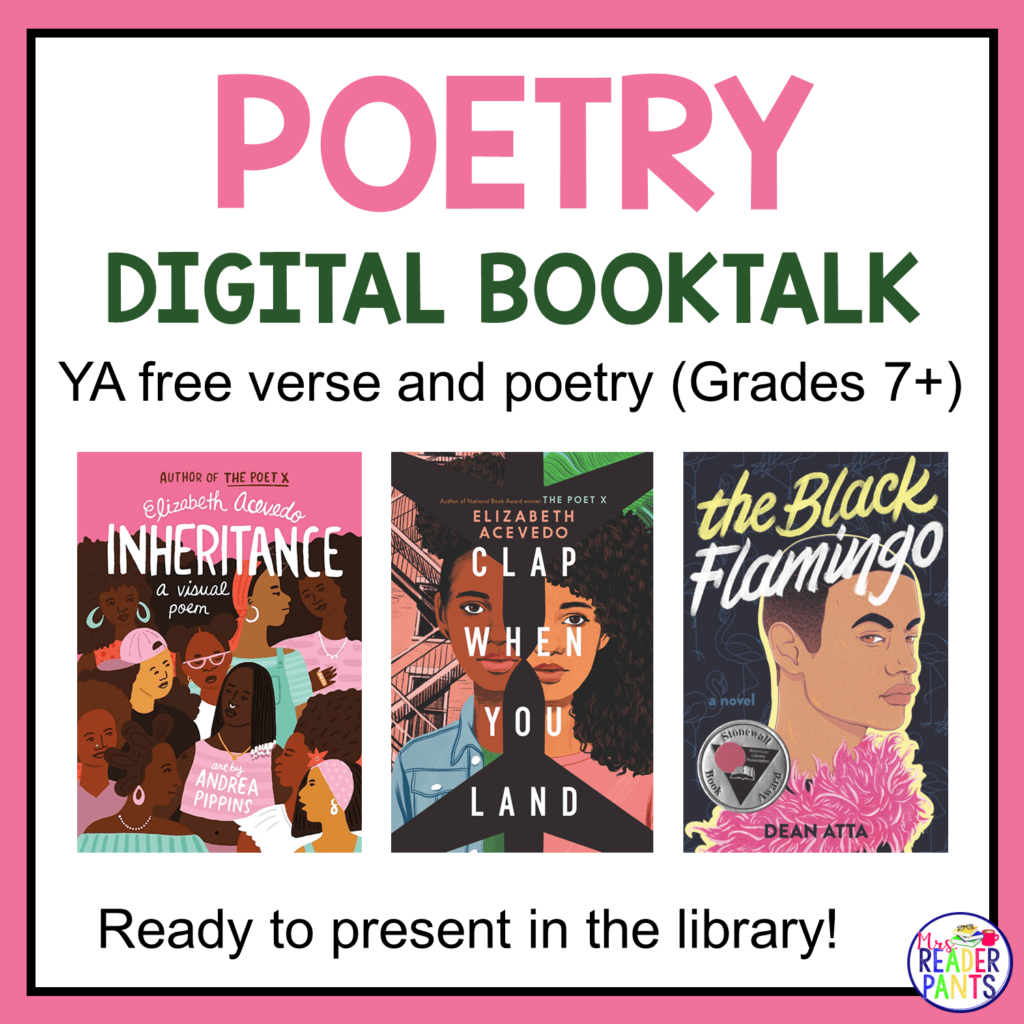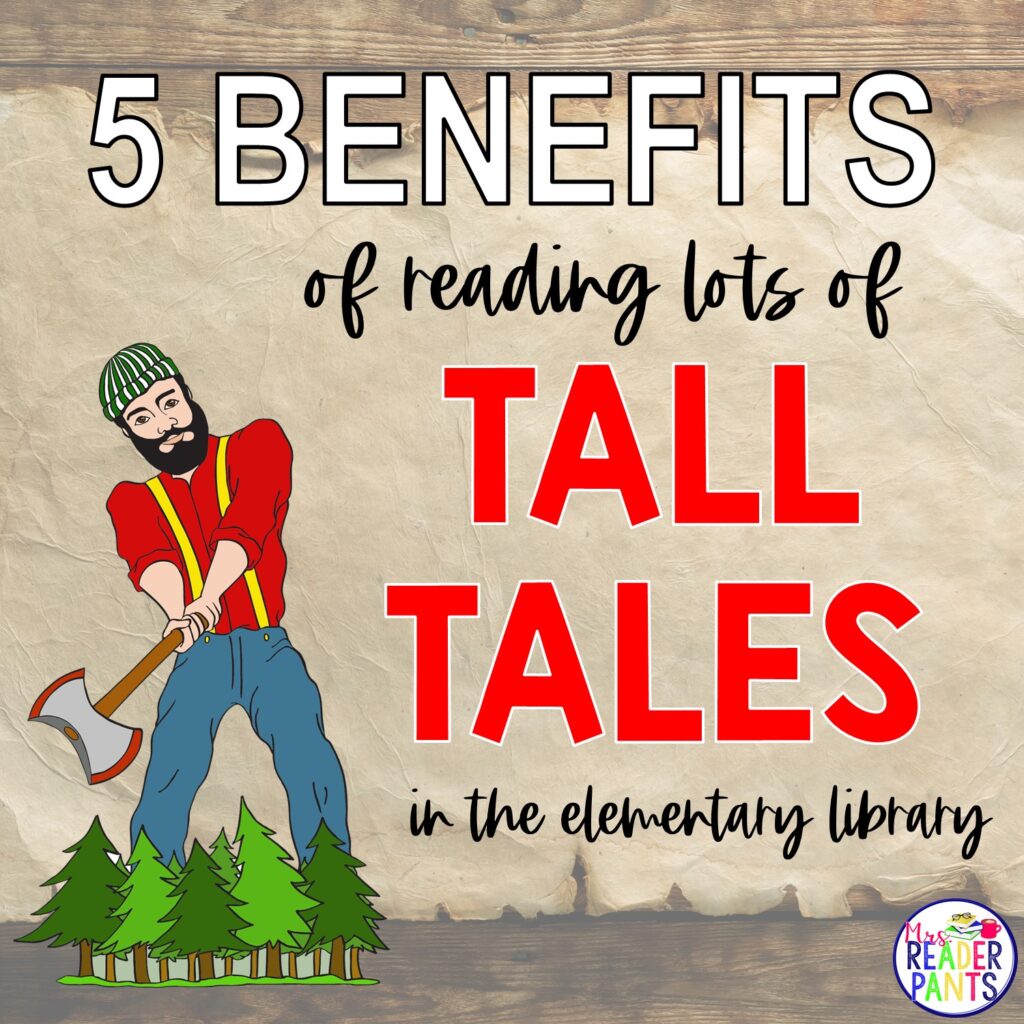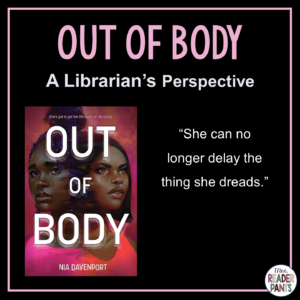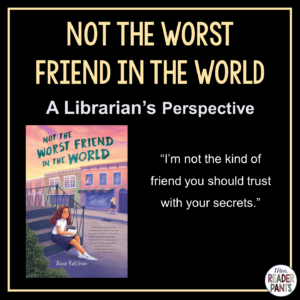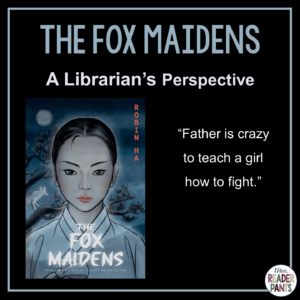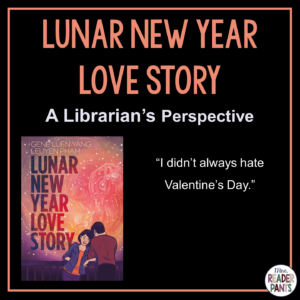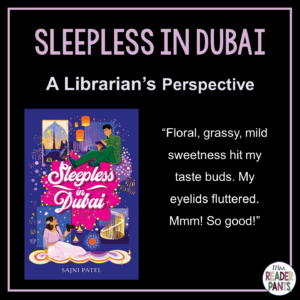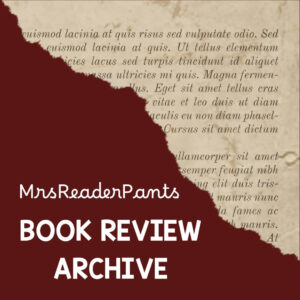Do you purchase library books based on written professional book reviews?
I sure hope you are as this is widely-accepted best practice for school and public librarians!
If you do not do this currently, or you are brand-new to library, here are some guidelines for using professional book reviews to select library books.
WHERE TO FIND PROFESSIONAL BOOK REVIEWS
You can find professional reviews on Titlewave, Amazon, and from the professional book review sources themselves, either print or online.
I do not use Mackin, Bound To Stay Bound, Capstone, or other book ordering sources, but I bet you can find professional book reviews on their websites, too.
If you are new to the library world, “professional book review” sources for school librarians include:
- School Library Journal (SLJ)
- Booklist
- Kirkus
- Publishers Weekly
- Booklinks
- School Library Connection
- Library Media Connection (LMC)
- Hornbook
- Bulletin of the Center for Children’s Books (BCCB)
- Voice of Youth Advocates (VOYA)
- Library Journal (great for adult titles)
Many school districts require at least two positive professional reviews for every book purchased for the school library. Even if this is not a district requirement, I recommend it as a guideline for most, if not all, library book purchases.
COMMON SENSE MEDIA
I do not personally consider Common Sense Media as a professional book review source. The people who write reviews for CSM are not school library professionals. They are parents, students, teachers, and others.
This does not mean you should never look at the CSM reviews! I do like CSM for their detail, particularly if I am concerned about mature content. You can get a good idea of a book’s profanity, violence, sexual themes, and other content “triggers” from the user-submitted reviews.
So yes, you can still consult CSM for your purchases, but PLEASE take the reviews with a grain of salt.
Because they are from everyday people, CSM reviews can contain bias and discrimination, so please be careful. They are NOT professional reviews, and they should not be a major driver for your book purchasing decisions.
GOODREADS
Goodreads is a social media site owned by Amazon. It is free, easy-to-use, and comprehensive. I am a huge fan of Goodreads, where I have tracked nearly all my reading since 2009.
I use Goodreads daily! The Goodreads reviews are also user-submitted. They are great for getting your thumb on the pulse of average readers.
But as much as I love Goodreads, it is once again not a professional review source. Goodreads reviews have value, but they should only be used to supplement professional sources when making book purchasing decisions.
Please do not make library purchasing decisions based solely on Goodreads reviews.
Some advice and things to look for in Goodreads reviews:
- Be wary of Goodreads reviews for brand-new titles. They tend to have fewer reviews, and some of those may be paid or submitted by family members of the author.
- If a book is a sequel to a very popular title or written by a very popular author, you will often see hundreds of people giving the book 5 stars and reviewing it by saying “I can’t wait to read this!” That is not an authentic user review. One must READ the book to review it, y’all.
- As with Common Sense Media reviews, books with controversial or political content will often get 1-star reviews from people who disagree with the content but have not read the book. This bias disproportionally affects books with LGBT+ and Black history content.
- Authors sometimes behave badly. In one interesting case, debut author Cait Corrain lost her book deal with Penguin Random House because she admitted to creating fake Goodreads profiles and “review bombing” other authors in her genre.
- I have also seen one-star “reviews” commenting not on the book, but on something the author may or may not have said on social media. To see this in action, check out the comments for Tiffany Stewart’s Holly Jolly Summer and the 1-star reviews for J.K. Rowling’s Harry Potter series. These “reviews” are about cancelling the author. They are not about the book at all.
Goodreads is an awesome place to read book reviews, and I highly encourage librarians to use it. But like Common Sense Media, the vast majority of the reviewers are not school librarians. And there are plenty of reviews from people who have their own agenda beyond reviewing the actual book.
LOOK CAREFULLY AT GRADE LEVEL RECOMMENDATIONS
Ideally, you want at least two positive professional book reviews for the grade levels your library serves.
I generally look for books that are recommended for at least two of the grade levels I serve. For example, when I was a Grade 6-8 middle school librarian, I looked for books with 7th grade in there somewhere. This tended to be Grades 3-7, Grades 4-7, Grades 5-8, or Grades 7-12.
I was much more careful about books for Grades 8+. If I purchased a YA title for Grades 8+, it was generally because I had read it myself and determined it okay for my 7th graders, too.
That also goes for adult titles. If I had read them and thought they were okay for younger readers, I might buy them for the library. But I also knew that my admin would not back me up if adult titles in the library were challenged. Be sure you have recently read and carefully evaluated any adult titles you add to your school library.
LIBRARIAN BLOGS
I also consult librarian blogs when making book purchases for the library. Some favorites include:
- MsYingling Reads
- Teen Librarian Toolbox
- MrsReaderPants (that’s me! I have hundreds of detailed book reviews on my site.)
- John Schu
- Nerdy Book Club
CHECK READABILITY BY READING THE FIRST CHAPTER ON AMAZON
You can also often find the first chapter or two of books on Amazon. This isn’t always the case, but it can help you make a decision if you are on the fence about the book’s readability for your students.
WHEN PROFESSIONAL BOOK REVIEWS CONTRADICT
Because of my weekly New Release Spotlights, I read book reviews–loads of them–every day. It’s fun to see how the reviews might agree or contradict one another.
Throw in the Goodreads reviews, and I easily lose hours of time every week, engrossed in reviews. My favorite reviews are the negative ones on Goodreads, which can be totally hilarious. Avid readers aren’t playing around when they strongly disliked a book!
When writing my New Release Spotlights each week, the reviews that get my attention the most–and often lead me to reading that book–are the ones where professional reviews and Goodreads reviews wildly vary.
For example, I recently read Damsel by Elana Arnold. Damsel was starred by both Booklist and SLJ. But when I looked it up on Goodreads, I found lots of 5-star reviews…and lots of 1-star reviews. How interesting! This is what led me to read the book myself.
This isn’t the first time Goodreads reviewers have majorly disagreed with professional reviews. In the case of Damsel, I didn’t agree with the professional reviewers, either, and I would not likely buy it for my high school library.
When professional book reviews and other review sources very much disagree, you should dig deeper and see if you can find out why.
DO REVIEW PUBLICATIONS GET PAID FOR REVIEWS?
Let me start this section by saying that I do not, have not ever, and will not ever get paid for any of my book reviews.
I get daily emails from authors and publishers asking me to review their books. Sometimes, they offer compensation, whether in the form of a free review copy or pay.
I do not accept free review copies from authors. I will occasionally get one from Netgalley, but even that is limited.
If I want to review a book, I will obtain the book myself. I want nothing obscuring my honest opinion.
I strongly disagree with reviewers being paid. People do it, but I will not be among them. I believe it skews the honesty of the review, even if it is unintentional.
But don’t take my word for it – this is backed up by research, too.
Plus, when creators pay for reviews, they naturally get more reviews, which makes the book appear to be far more popular than it actually is.
Paying for reviews is not organic. Even worse, most reviewers are not transparent about it.
Here’s my transparency: I will not and have not ever accepted pay for my book reviews. I do not accept requests for reviews, though I get them daily. I owe nobody a review, much less a positive one. I have no agenda beyond informing school librarians about books they might want to purchase for their libraries.
Anyway…
I do not claim to know how ALL professional book review sources work. Kirkus does require authors and publishers to pay for reviews (something I very much disagree with), but those reviews are not guaranteed to be positive.
This article claims that Kirkus Indie reviews cost $450 per review and Book Life by Publishers Weekly charges $399 per review. In both cases, positive reviews are not guaranteed. The author or publisher can choose not to have the review published.
The Publishers Weekly galley submission page also mentions paid reviews for Indie authors.
Despite my research, it seems professional book reviews may or may not be bought and paid for. Most review sources I looked into did not say anything about authors paying for their books to be reviewed.
The lack of transparency on if and how much authors pay for professional book reviews is a bit “sus” as my teen sons would say. I truly believe this should be disclosed very clearly on the professional review websites. It isn’t, sadly.
MORE ON KIRKUS REVIEWS
There is also at least one school district (Frisco, Texas) that has disallowed Kirkus reviews as an acceptable selection resource for the school library. You might want to check with your district for restrictions like this.
I do read and consider Kirkus reviews, but I do see Kirkus reviews as the “sourface” of the bunch. I frequently disagree with how nitpicky their reviews can be. I do not base any of my book purchasing decisions solely on a Kirkus review.
Remember, I recommend at least TWO positive professional reviews for library purchases anyway.
And for the record, I do NOT agree with banning Kirkus or any other review source from consideration for library purchases.
We need all the information we can get about library books, and I think Frisco ISD and any other district that bans certain review sources are seriously misguided. Kirkus is still a respected source for professional book reviews in the library industry.
WHY I LOVE SLJ REVIEWS
From 2012-2017, I was a professional book reviewer for SLJ. Because of that experience, I put a lot of faith in SLJ reviews. It doesn’t mean that the other review sources aren’t trustworthy or reliable, but because of my experience as a reviewer, I am positive SLJ reviews are authentic and unbiased.
Please note that SLJ did not solicit this article, and they did not pay me to write it.
I do not know if SLJ gets paid for their reviews, but I do know that I as a reviewer was not paid. It was 100% voluntary. The SLJ galley submissions directions do not mention payment, but that does not necessarily mean SLJ does not get compensation for reviews.
If you have information to the contrary, please email me to let me know! I will absolutely update this article if I get that information. It’s not fair to call out PW and Kirkus for paid book reviews and let SLJ get off scott-free.
LIBRARY MEDIA CONNECTION
This is an addition to this article in March 2024. I asked below for other reviewers’ experiences with professional review sources.
I got a message from Terri L. She stated that “I wrote unpaid reviews for them for over 25 years and their process was similar to SLJ and LJ (I also review for them) except they had a longer word limit. LMConnection ceased publication this past spring.”
Based on this, it sounds like LMC reviewers were also unpaid.
MY EXPERIENCE AS AN SLJ REVIEWER
Based on my experience as an SLJ reviewer, here are eight reasons why I trust them as a professional book review source:
1. My reviews were always published as I wrote them.
In the five years I reviewed for SLJ, I wrote about 50 book reviews. All of my reviews were published in SLJ. I was never, not one single time, edited for content. My reviews always appeared as I had written them, without any interference from the editors at SLJ.
If I was edited for grammar, the changes were not different enough for me to notice them.
2. Reviewers initiate the starred review process.
Do you ever wonder if publications receive bribes or special treatment in exchange for starred reviews? Well, in my experience, that’s a no for SLJ. When I submitted a review to SLJ, there was a checkbox on the online form where I could indicate if I thought this book should be starred.
From there, SLJ editors would read the starred recommendations and make a decision about whether or not to actually star it. Sometimes, my starred books would become SLJ starred books. And sometimes, they didn’t. Either way, it was fully my choice to click that starred box and start the process.
3. I had plenty of time to read and review books.
A few days after I submitted a review to SLJ, I would receive my next assignment via email. The book would arrive on my doorstep a couple of days later. The due date for the review varied a bit, but it was usually due in about 4-5 weeks from the day I got the assignment.
If I sent in my review earlier than that date, I would get my next assignment within a few days. If I sent in my review the day it was due, I would again get my assignment within a few days of submission.
My point is that I had plenty of time to read the book, evaluate it, and write my review. I never felt rushed or pressured to finish earlier than my due date. As a full time school librarian and mom of two boys, I sometimes needed all the time I could get!
This long due date gave me time to relax into my reading and really think about the book. It gave me time to digest the book before I started writing the review. Even now, I don’t usually write a book review the day I finished the book; I prefer to wait a day or two to think and talk about it with anyone who will listen.
4. I was not paid to review.
I don’t know if all book reviewers are volunteers, but I was. Because I wasn’t paid, I felt no obligation to review a book positively or negatively. I reviewed because I loved it, not because I got paid.
5. I got a hardcover copy of the book, even if I didn’t love it.
Most of the time, my review copies were Advance Reader Copies (ARCs) of the book. ARCs are paperback copies that may contain errors. Cover art is often left off the ARC, and even when it is included, the cover art may be different on the published hardcover. ARCs also often list the publisher’s marketing plan for the book on the back cover.
Whether I reviewed a book positively or negatively, I always received a hardcover copy of the book as a thank you from the publisher. I did not expect this, but it was nice to get a copy for my library.
My understanding is that the thank-you hardcover was the publisher’s discretion, but I can’t think of any book that I didn’t receive a thank-you hardcover from the publisher. I got the free hardcover book even if I didn’t love the book, so once again, there was no pressure for me to review the book positively.
6. My reviews were not influenced in any way.
I’ve pretty much said this in every point so far, but it’s true. I felt no obligation to review any book positively or negatively.
I wrote my honest opinion, but as I do with my MrsReaderPants reviews, I worked hard to include something positive and something critical in every review I wrote. There is almost always something good and something to improve on, even in the best and worst books we read.
7. I decided the recommended grade level.
You know how SLJ reviews always include a recommended grade level at the start of every review? Those recommended levels are determined by the reviewers. This is why the interest level of a book–decided by the publisher–and the recommended grade level in the review might differ.
8. SLJ includes the reviewer’s full name and school name in the review.
Yep, I got full credit for all of my reviews.
Because my reviews included my name and my school’s name, I made absolutely certain they were well-written and meaningful.
And because our names are on our reviews, readers know that our reviews come from real people who work in a real library somewhere. People who have zero stake in how well the book sells or doesn’t sell. People whose only agenda is helping other librarians decide if a certain book will be a good fit for their collection.
WANT TO BECOME A PROFESSIONAL BOOK REVIEWER?
If you have thought about reviewing for a professional publication, I encourage you to give it a try. The only reason I stopped reviewing for SLJ was because I moved to China and couldn’t receive physical books anymore. Shipping takes too long, and Customs duty is randomly-applied and a hassle to clear.
I reviewed e-copies for SLJ from China for three years, but I was never as excited about it as when I got a physical copy of the galley. The e-book copies I got tended to be from smaller or indie publishers, and sadly were just not as high-quality as what I received in physical form.
If I ever move back to the US, you can bet I will pick up my SLJ reviewing again. Reviewing for SLJ was a positive experience that led me to read lots of books I might not have picked up on my own.
For now, I’ll keep reviewing on my blog using books I’ve purchased from Kindle, or those I get from my public library OverDrive account, Edelweiss, or NetGalley.
I now live in Mexico, and I also have easy access to purchase books online from the US. There is also a nice bookstore in our town that has loads of books in English.
- How to become an SLJ reviewer (unpaid)
- Write for Booklist (which currently pays a small amount for reviews)
- Kirkus reviewer information (no mention of pay for the reviewer, but this article speculates it is $50 USD)
- Library Journal – Submissions (includes directions about how to become a reviewer; unpaid)
*I tried to find reviewer application links for Hornbook, Publishers Weekly, and Library Media Connection (ETA: LMC is ceasing publication in 2024), but I could not find any online application information for reviewers.
Phew! If you’ve read this far, you may be interested in reading some of my MrsReaderPants book reviews! You can see them all at the link below (click the image).
Sort the reviews with the sorting tools at the top, or type a book title into the search bar.
Happy reviewing!

